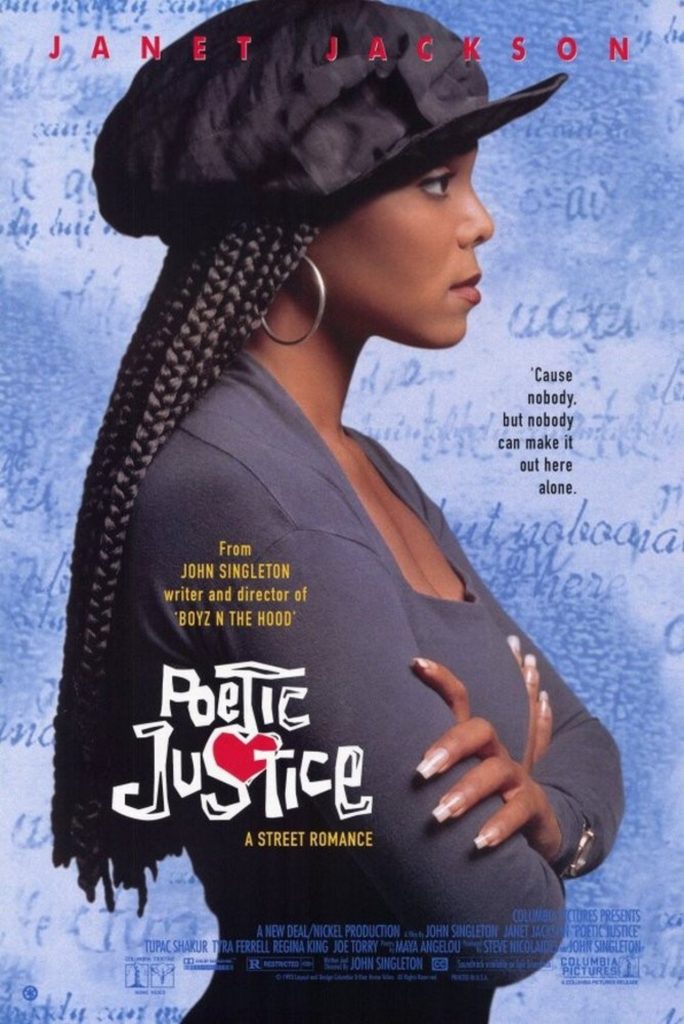A reflection on John Singleton’s filmography

Visionary Black director John Singleton tragically passed away on April 28, 2019. Gone too soon at 51 years old, Singleton’s stellar filmography remains a gift to American cinema and a poignant reminder of how much Singleton still had to give.
Singleton made history as the first Black person and youngest person ever to receive an Academy Award nomination for Best Director with his debut feature, Boyz n the Hood (1991). Boyz n the Hood instantly established the 24-year-old Singleton as an artist. As his catalogue developed, Singleton reached the status of an auteur. His signature bold and confrontational directorial style, elevated by his keen awareness of contemporary and historical Black culture, projected confidence and sophistication into almost every frame of his films.
Some accuse Singleton of being heavy-handed, but his films deal with heavy issues—familial and romantic love, pedagogical culture wars, right-wing radicalization, and the harsh realities of young Black people in America. Most importantly, though, Singleton’s films celebrate life in communities that were unfairly portrayed and judged by his contemporaries. Singleton shows us the beauty in the ghetto and is proud of his South Central Los Angeles heritage.
While most effectively displayed in the masterful Baby Boy (2001), Singleton’s love for the ghetto is equally raw and compelling in his maligned sophomore effort Poetic Justice (1993). Starring Janet Jackson and Tupac Shakur—another visionary Black artist lost too soon—Poetic Justice was largely misunderstood by critics at the time, who failed to appreciate the nuance and cultural depth Singleton brought to the road movie genre. Singleton captured the emotional highs and lows of romance in the ghetto through flavourful set design and innovative cinematography—particularly his up-close shots of his lead superstars, which gave audiences a profound sense of intimacy with celebrities from whom we all too often feel disconnected.
Singleton produced, wrote, and directed other fantastic films, including the aforementioned Baby Boy and the gripping, righteously infuriating Rosewood (1997). Higher Learning (1995), like Poetic Justice, is worthy of critical reexamination. Collectively, Singleton’s filmography has cemented his legacy as a visionary, if woefully underappreciated, Black artist.





